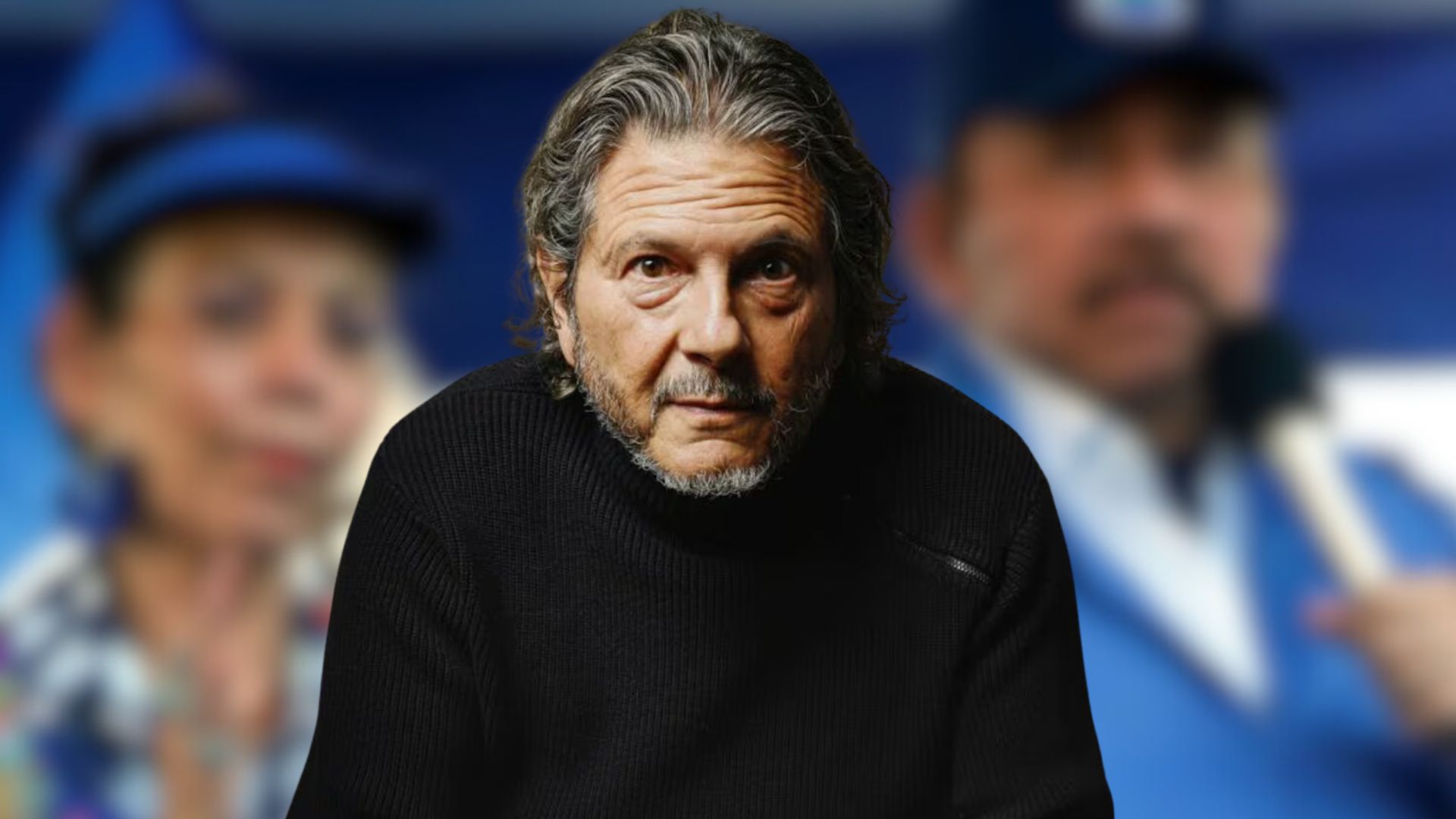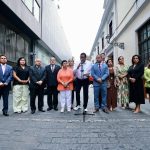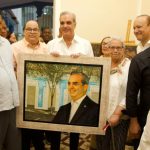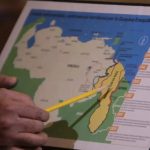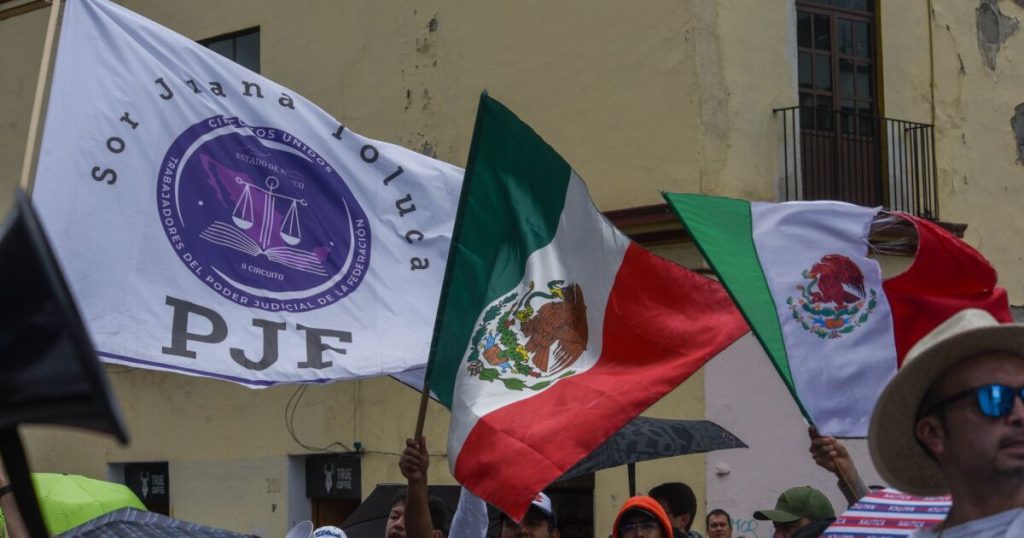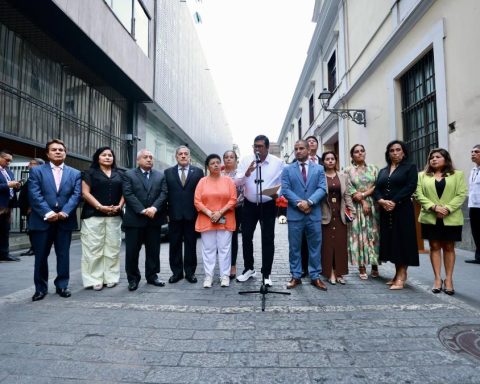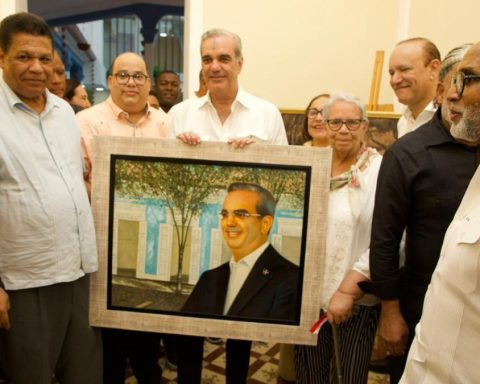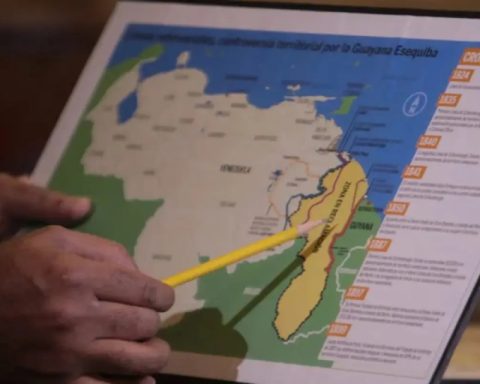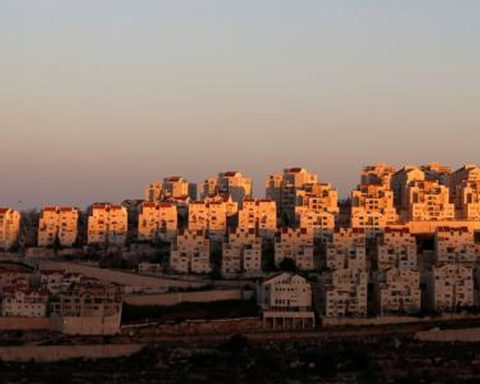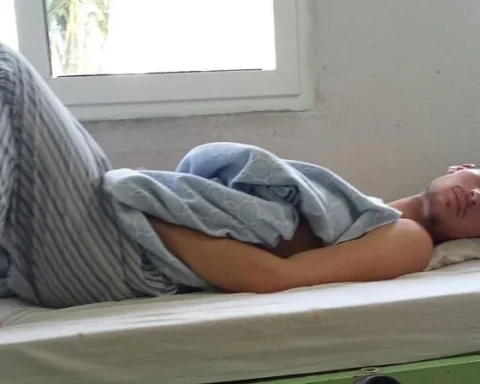The Hungarian-born lawyer and human rights activist Reed Bródy, internationally recognized for his hard work in support of international justice, was appointed by the President of the United Nations Human Rights Council, Ambassador Omar Zniber, as a member of the Group of Experts on Human Rights on Nicaragua.
Lawyer Gonzalo Carrión, coordinator of documentation and support for the Nicaragua Never Again Human Rights Collective, said that the appointment itself “demonstrates the concern” of the UN about the human rights situation in Nicaragua.
“His appointment is the very fact that this team is, as the Nicaraguan would say, one hundred percent ready to fulfill the mandate entrusted to it, which is exactly to continue documenting, in the investigations carried out by the team of experts, and particularly identifying the perpetrators of serious human rights violations, particularly crimes against humanity, which to this day remain in total impunity,” said Carrión.
He also said that the fact that Bródy was chosen as the lawyer to join the group generates “expectations” because “he has a strong reputation for fighting against the impunity of criminals.”
«Hopefully, in the case of Nicaragua, your contribution will be aligned with the need for the Nicaraguan people to fully know the truth in a fair, necessary and urgent manner. It is essential that the crimes, until now unpunished, be clarified, and that the victims of these serious violations of human rights have access to justice, either in Nicaragua when possible, or through the mechanisms that the international community facilitates in other countries through universal justice, which is necessary, fair and legitimate for the Nicaraguan people and their victims,» said the Nicaraguan defender, who had to go into exile due to the persecution of the Ortega-Murillo dictatorship.
«Dictator hunter»
According to the UN’s appointment letter, Bródy was placed in the Group of Experts, replacing Colombian Angela Maria Buitrago, who resigned from her position within the Group, which was created by the Human Rights Council in 2022 in order to “thoroughly examine human rights violations in Nicaragua since April 2018, establish facts, identify those responsible, preserve evidence, make recommendations to improve human rights and access to justice, and collaborate with various stakeholders to support accountability efforts.”
The mandate that enabled the work of the Group of Experts on April 3 of last year was extended by the Human Rights Council until March 31, 2025.
The UN said that part of Bródy’s career over the past 40 years has been focused on “leading the human rights movement, playing a facilitating role in democratic transitions, building and helping to establish strong NGOs, creating UN mechanisms to combat abuses, uncovering atrocities and bringing their perpetrators to justice.”
According to the UN letter, Bródy is also a commissioner of the International Commission of Jurists and works as a lawyer in private practice.
Related news: UN experts: Ortega and Murillo have committed crimes against humanity against indigenous people
The nickname “Dictator Hunter” by which lawyer Bródy is internationally known gained strength after he played a leading role in the case against the dictator of Chad, a country in Central Africa, Hissene Habré, known for his brutal regime between 1982 and 1990, where thousands of people were killed, tortured and disappeared.
Bródy, according to international media reports, was the chief adviser and advocate for victims of that regime and helped coordinate legal efforts to bring the dictator to justice, despite the fact that he had gone into exile in Senegal after being overthrown.
International pressure and the efforts of Bródy and other defenders, the publications report, led to the creation of a special tribunal in Senegal in 2013, with the support of the African Union, to try the dictator for crimes against humanity, war crimes and torture. Three years later, in 2016, he was sentenced to life imprisonment, marking the first precedent of a conviction of an African dictator tried in another country on the same continent.
